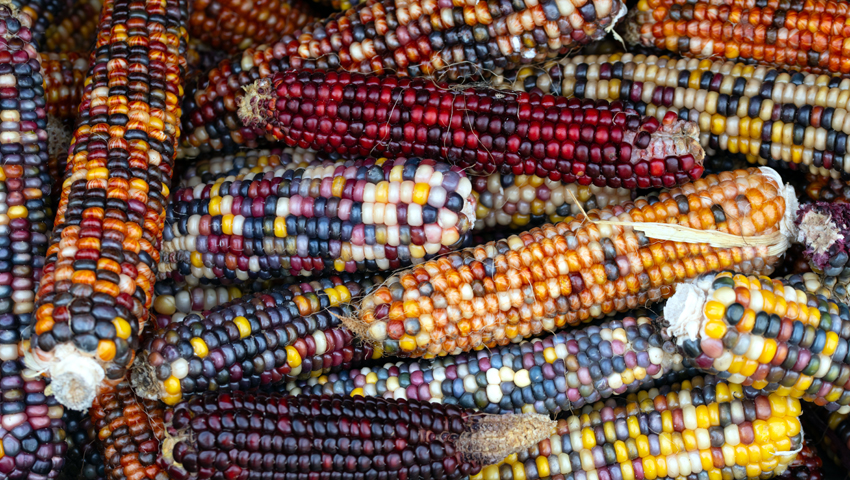In Africa, farmers’ seeds are the basis of agricultural production, diverse and healthy food systems across the continent.
The Farmer Managed Seed System (FMSS) is the dominant system for food crops and agrobiodiversity conservation for family farmers. They persist and thrive despite well-funded programs promoting corporate seed and the industrial food and agriculture regime they are part of, whilst receiving little or no support from public policies and frequently denigrated in the public narrative.
Seeds are about culture, tradition, spirituality, cooperation, solidarity and survival, providing diverse and healthy food to feed families every day, and livelihood.
Today’s seed embodies centuries of knowledge about how to conserve, exchange, plant and guide it to fruitful expression. Africa’s rich diversity of food crops is thanks to diverse ecosystems to local farming communities – notably women, the custodians of seeds.
An AFSA spokesperson said, “Seed is life. African farmers have been planting, saving and exchanging seeds for countless generations. Millions rely on them for their farming livelihoods, providing incomes and healthy food to feed their families and communities.
“But farmers are being pushed to abandon their seed systems and bullied into buying hybrid seeds every year from the seed companies. Diversity is being replaced by uniformity, as commodity mono-crops push out indigenous varieties, and farmers’ resilience to climate change is undermined.”
Now, twenty-one case studies have been collected from nine African countries and India. From the most hostile environments of the Sahel (Niger) to equatorial wetlands (Gabon), saline soils (Tanzania) and oases (Tunisia), the authors show us how farmers’ varieties meet the nutritional and economic needs of populations in traditional, agroecological production systems.
In the Dosso region of Niger, seven case studies on the preferred varieties of seven vital crops in selected communities identified farmers’ varieties that farmers know intimately and retain deep skills regarding their cultivation, uses, processing, storage and marketing.
In many instances, these seeds are the backbone of the local economy and are key to cultural identity and respect in the community. In all cases they outperformed improved varieties, ostensibly because they have been adapted to the specific environment in which they are cultivated and are amenable to further adaptation because of their genetic diversity.
In Tanzania, six case studies emphasised on seed quality insurance using consistent farmers’ protocol and criteria. The studies also showcased the large diversity of seed a community develops which makes its population autonomous (seed sovereign), healthy and economically strong because of higher productivity and nutrition value found in specific indigenous varieties of beans, maize or rice.
The quest for dignity through food is also experienced in Zimbabwe and Tunisia where women are reviving the old durum wheat. The Burkina case study is about conservation technology, Togo and Senegal focused on seed production skills and quality insurance for bigger market favourable to farmer managed seed systems, namely on vegetable seeds which is a big market that usually excludes farmers, especially in urban areas.
The seed case studies shows that farmers have strong and various protocols to establish quality seeds standards. Farmers seed varieties are in many cases more productive and more nutritious than the so-called improved varieties. Women farmers play a crucial role in selecting seeds that define our food systems. And communities play a key role in biodiversity preservation and should be first partners of gene banks, either locally, nationally or at international levels.
Explore and download seed case studies
